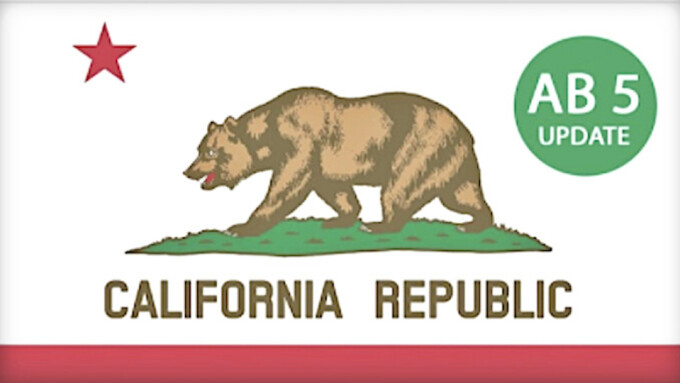PASADENA, Calif. — A panel of Ninth Circuit appeal judges rejected yesterday a First Amendment and Equal Protection challenge to California's Assembly Bill 5, a law that makes it harder for businesses to classify certain professionals — including writers, photographers and video content producers — as freelancers rather than as employees.
The panel’s decision “affirmed the district court’s dismissal of a suit brought by the American Society of Journalists and Authors and the National Press Photographers Association challenging, on First Amendment and Equal Protection grounds, California’s Assembly Bill 5 and its subsequent amendments.”
Previously, employers could use the so-called “ABC test,” set forth in the Dynamex case, to ascertain whether a worker should be classified as an employee or an independent contractor.
AB5, now codified as section 2778 of the California Labor Code, includes exemptions for certain occupations. The challenge, by the American Society of Journalists and Authors and the National Press Photographers Association, was on the grounds that “freelance writers, photographers and others received a narrower exemption than was offered to certain other professionals.”
The professional organizations argued that AB5 “effectuates content-based preferences for certain kinds of speech, burdens journalism and burdens the right to film matters of public interest.”
The Ninth Circuit judges held that AB5 does not regulate speech, but economic activity, and “does not, on its face, limit what someone can or cannot communicate[,] nor does it restrict when, where, or how someone can speak.”
The panel did acknowledge that the ABC classification “may indeed impose greater costs on hiring entities, which in turn could mean fewer overall job opportunities for certain workers.”
Adult industry groups have been expressing serious concerns about AB5 — the so-called "Uber/Lyft law" — affecting many sex workers, including cam performers, since it went into effect on January 1, 2020.
In September 2020, Governor Gavin Newsom signed a "clean-up bill," Assembly Bill 2257, into law, providing a series of exemptions and clarifications.
AB2257 amended AB5 by addressing a multitude of issues brought to the attention of state government — and especially of the bill's main sponsor, Democratic Assemblyperson Lorena Gonzalez of San Diego — by a number of California industries, stakeholders and workers, including adult entertainers and advocacy groups.








